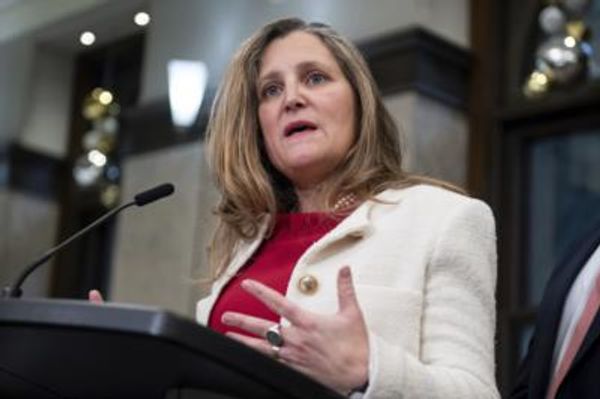
The one-time executive producer of 60 Minutes, John Westacott, was found in the waters of Sydney Harbour on Sunday, unable to be revived after suffering a “medical incident” on a yacht. He died, aged 73.
It is somehow fitting, in a strangled, tabloid kind of way. Sunday is the day 60 Minutes goes to air, and Westacott also had a passion for sailing.
His death has been marked by a remarkable tribute from his old employer, the Nine Network. Its news executives have called him a “visionary” and a “trailblazer”. These are high and mighty words for a man whose professional claim to fame was confined to producing high-rating television programs. It is surely no disrespect to the late Westacott to politely point out that, whatever he might have done, he was no Nelson Mandela.
Like the programs he produced — which also include Today and A Current Affair –Westacott divided opinion sharply. As they say in tabloid television, people have to love you or hate you — the worst sin is to evoke no reaction at all.
Westy, as he was known, made his name in the television tabloid wars of the 1980s and ’90s. These were years of intense daily rivalry between networks, principally Nine and Seven. Chequebook journalism. The walk-in — where “baddies” are ambushed in situ by “fearless” reporters — was a staple. Highly sought-after interviewees might be shouted to a week away in a luxury hotel just to keep them hidden from the opposition. Programs lived and died by the 10-second promotion aired to lure viewers.
This was a big-dollar world driven by big-dollar advertising — all reliant on big audience numbers. It was, and perhaps still is, a world where the end justified the means.
The ABC’s Frontline series on a mythical current affairs show was meant to be satire. For many of us in the industry, it felt like a documentary. Feel queasy about living on the ethical edge? Well, you can’t handle the truth, as Jack Nicholson might say.
As executive producer of 60 Minutes, Westacott had his detractors from within and without. When weighing up the value of a story to the audience, his question was: “What will the stringbags think?” The stringbags (sometimes “the gimps”) are what he was wont to call the average punter from the suburbs and their mundane concerns.
Westacott introduced the infamous worm to the network’s coverage of election debates. This was an innovation where selected viewers were able to express their reaction in real time to a politician’s argument by toggling up or down, with the results appearing instantly on the screen. In so doing, he reflected a general commercial television conviction that “the punters” don’t care about politics unless you can make it something else altogether.
In the neverending search for a gimmick, Westacott also briefly made former prime minister Bob Hawke a 60 Minutes reporter. The move worked briefly with the audience. Then it didn’t. But it sent the corrosive message that anyone can be a 60 Minutes reporter.
All of this was underpinned by the then immutable truths of commercial television. These included the “fuckability” measure in deciding on a female recruit for an on-air role. And of course the ABC was a bunch of wankers. (As, oddly enough, were Fairfax journalists at the time.)
The relentless competition for audience had a cumulative effect. Many current affairs practitioners felt they were trapped in a race to the bottom, even as money flowed into the network. It also raised the chicken-and-egg question: did programs like Westacott’s 60 Minutes simply reflect what the audience wanted or did they dictate what the audience wanted? Can you make good money and good journalism at the same time?
These moments have been decisive for viewers and journalists alike. Maybe they have even produced the kind of death spiral that led to the appalling coverage of the past federal election, which descended into a series of gotcha moments.
For all the torment, in truth Westacott died with as many detractors as supporters. For every star he created, there was one he burnt. And for all the words of exuberance flowing from Nine, there is a public silence (albeit temporary and out of respect) from others.
So was Westacott a visionary? A trailblazer? One former 60 Minutes staffer had a question for that question, which Westy himself would approve of: “Whose arse did that fall out of, mate?”
David Hardaker worked as a producer at 60 Minutes when the late John Westacott was in charge.







